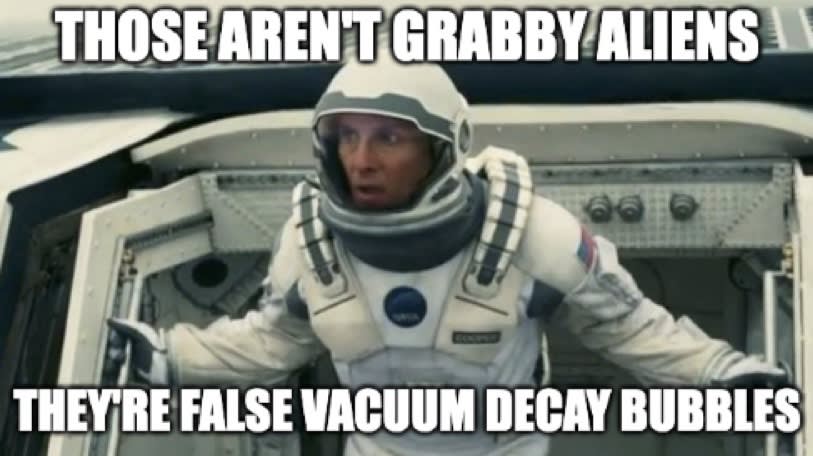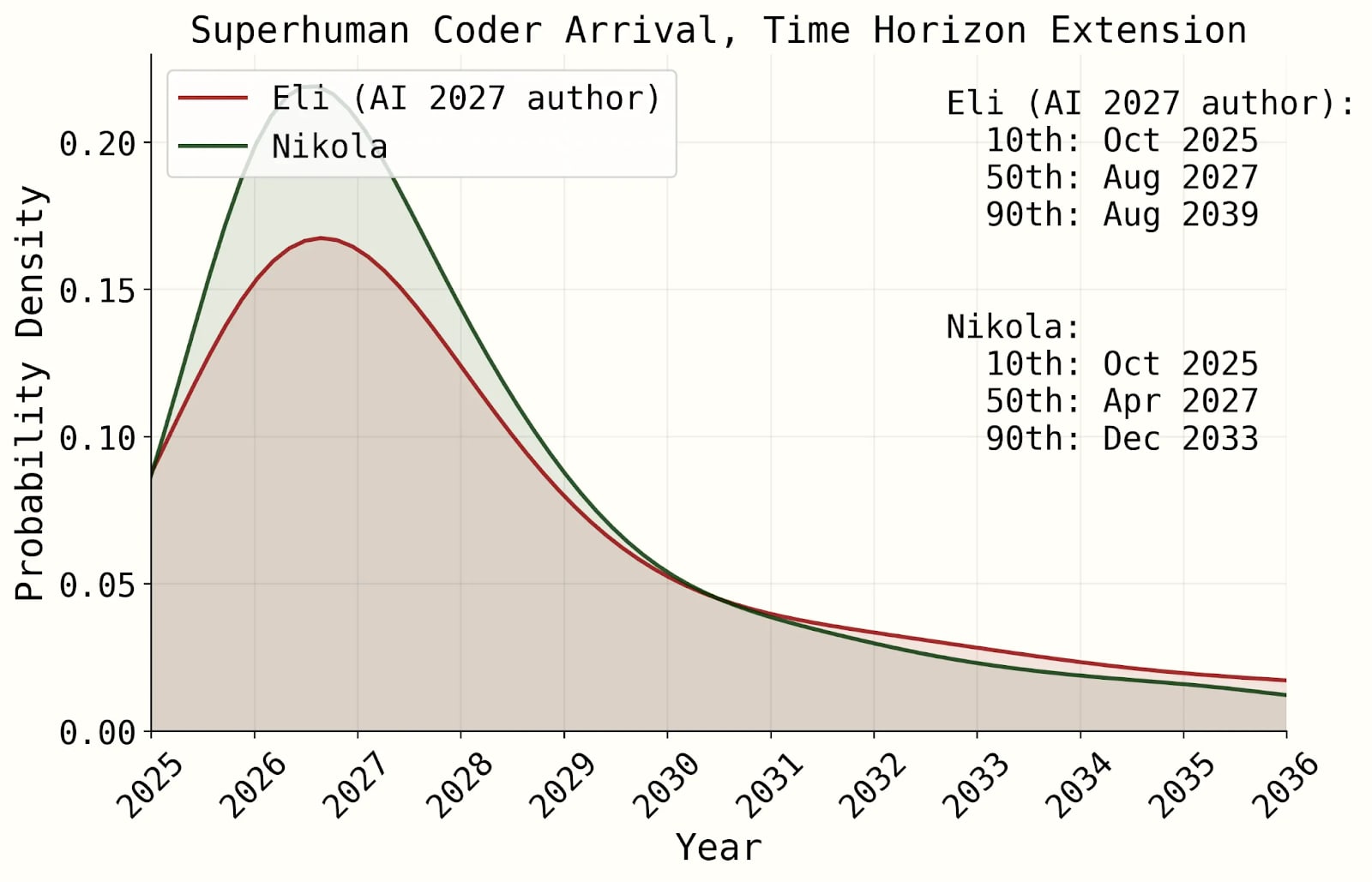I've heard a plan to use impact certificates ( https://medium.com/@paulfchristiano/certificates-of-impact-34fa4621481e ) in the following way.
Suppose I work at org A, but I actually value work at org B more. The plan is that I get impact certificates for my work for A, and find a buyer who is willing to give me B-certificates in exchange for my A-certificates. Now I have some amount of B-certificates, which is like doing work for B in the first place.
I'm not convinced on this. My question: if I don't think work at A is valuable, why should I trust the market to know better than me? I'm okay with the stock market determining good prices for shares of Microsoft, but that market is huge; the impact certificate market is likely to be small for at least a while.
An analogy: when should I trust PredictIt's market (https://www.predictit.org/markets/detail/3633/Who-will-win-the-2020-Democratic-presidential-nomination) on who will win the Democratic nomination over Nate Silver's analysis ( https://projects.fivethirtyeight.com/2020-primary-forecast )? Right now the two disagree significantly on Bloomberg's chances (PredictIt gives 25%, Nate Silver gives him 4%).
Another angle on the concern: ordinarily, when you believe B > A, you "vote with your feet" by doing B instead of doing A. In this situation, you instead are effectively "voting" to lower the price of A-certificates on the market. So you're trading off one against the other. But it seems likely that many people will take you working at A as an endorsement of A. This convention is really strong; I certainly do it. Unless you put "I ACTUALLY TRADE ALL THESE IMPACT CERTIFICATES FOR B-CERTIFICATES" on your LinkedIn and mention it to people you meet at parties, I think people will continue to do it.
I'm concerned that splitting the "vote" between these two methods will do harm to the community's ability to decide what types of work are good.
What are people's thoughts on this? Any written resources? (I can't find much on impact certs beyond Paul's original post.)




I'm deciding whether organization A is effective. I see some respectable people working there, so I assume they must think work at A is effective, so I update in favor of A being effective. But unbeknownst to me, those people don't actually think work at A is effective, but they trade their impact certificates to other folks who do. I don't know these other folks.
Based on the theory that it's important to know who you're trusting, this is bad.